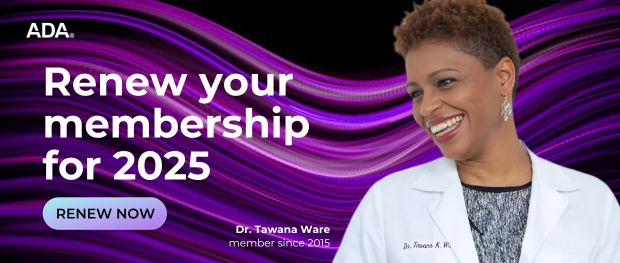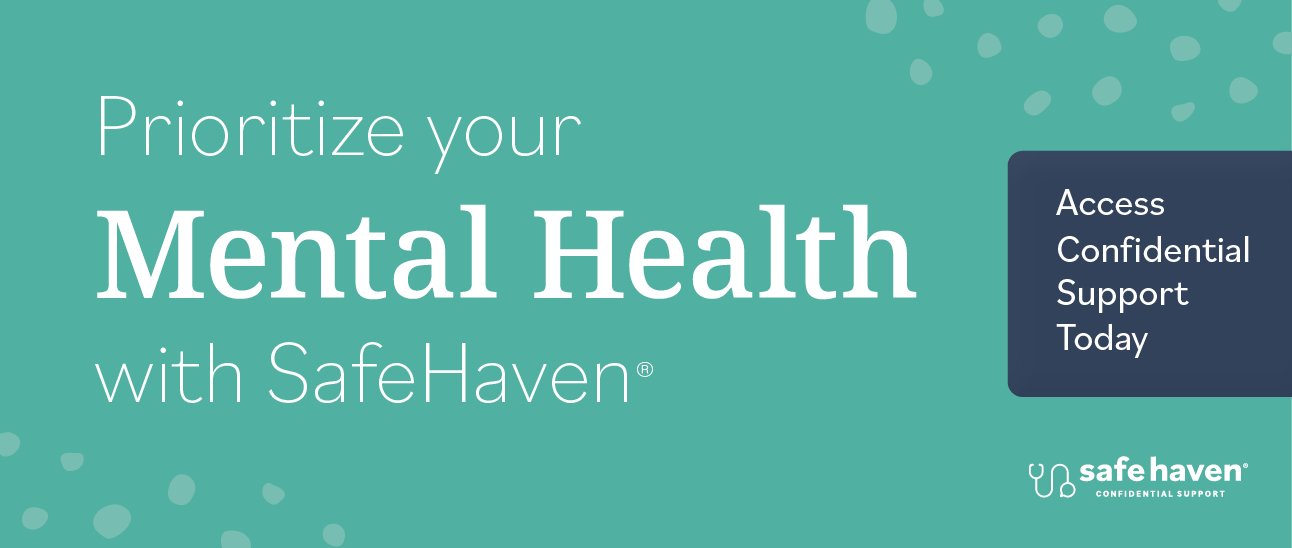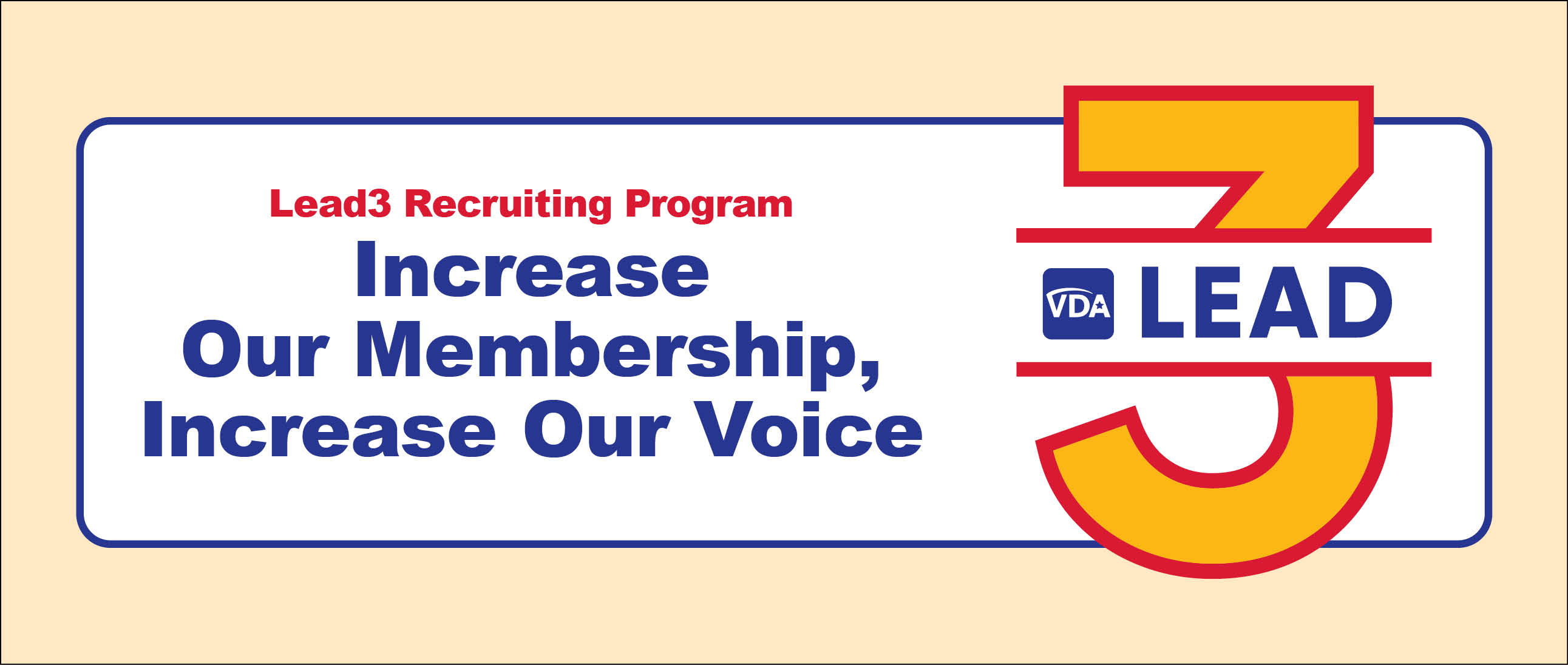How Medical Cross Coding Impacts Dental Practice Success
Most dental offices will tell you that dental billing and coding can be complex and time consuming. Adding ICD-10 diagnosis codes for dental medical billing into the process may seem to make insurance billing an even more challenging task. However, ignoring a billable medical diagnosis code will result in money left on the table -- not -- building practice revenue. It also impacts patients. By not cross-coding dental and medical insurance, you may be preventing patients from receiving the full range of their benefits.
Much like dental billing, medical billing relies upon coding for medical procedures. Medical codes, or Current Procedural Terminology (CPT), and Healthcare Common Procedure Coding System, or HCPCS, are used for medicine, while Current Dental Terminology or (CDT) codes are used for dentistry.
ICD-10 is a billable diagnosis code that dentists use to specify a medical diagnosis. The American Dental Association (ADA) further defines it “as the only diagnosis code set that may be used on claims submitted to dental benefit plans when needed”. ICD-10 codes may “also be used on claims for dental services submitted to medical benefit plans where diagnosis codes are always required."
WHAT ARE THE MEDICAL CODES FOR DENTAL PROCEDURES?
To ensure proper patient records and prompt payment from dental insurers, getting CDT codes correct is essential, though it can be complex. As a result, it ends up being a time-consuming process for many dental practices. Whereas CDT codes provide information about in-office procedures, ICD-10 codes provide information about a diagnosis. While many dental practices have not widely adopted ICD-10 coding, you may still be required to use them when filing with certain payers.
ICD-10 stands for International Classification of Diseases, 10th Revision, and provides codes for a diagnosis rather than a procedure. Medical doctors are currently required to code using ICD-10 and as a standard promoted by both the World Health Organization (WHO) and HIPAA, there’s already a place on ADA forms for the same information. In short, it may only be a matter of time before ICD-10 codes are required on dental claim forms as well.
It’s worth noting that ICD-10 is remarkably robust, with over 68,000 entries that are very specific, down to the first and second occurrences. As one can imagine, this coding could likely become both more important and more challenging.
THE IMPORTANCE OF MEDICAL BILLING FOR YOUR DENTAL PRACTICE
For many dental practices and organizations, 50% of their revenue comes from insurance payments. When 50% of revenue comes from one stream, ensuring that the stream is consistent and reliable is essential.
Ensuring that revenue stream means, for many, maintaining a dedicated staff member to attend to insurance verifications and ensure every step of the dental billing process is completed accurately, including coding. The problem most dental practices face is that dentists often aren’t sure which codes to use, given that there are thousands of ICD-10 codes from which to choose.
Identifying the right tools to help your team is crucial.
DENTAL CODING CHALLENGES FOR DENTAL ORGANIZATIONS
When it comes to dental coding, there are a few key challenges. For example:
- Coding updates- CDT, CPT, HCPCS, and ICD codes are updated on an annual basis.
- Lack of sufficient codes- Whether it’s a new procedure or a modification, sometimes the CDT code doesn’t match the procedure.
- Human coding errors- Let’s face it, people make mistakes, especially in a busy office.
HOW MEDICAL CROSS CODING IMPACTS DENTAL PRACTICE SUCCESS
Obviously, finances are important, but when it comes to the other impacts cross coding can have on dental practice success, it’s essential to look at efficiency and patient care. The more your team is tied up and focusing on administrative tasks, the less time they have to spend on customer service and client care. While dental coding issues can create revenue stream issues, failure to deliver the care and service your clients want and deserve can be even more detrimental.
Alleviating those challenges is what drives the team at iCoreConnect and why VDA Member Perks endorses the full platform of cloud-based dental software by iCoreConnect. iCoreCodeGenius is ICD-10 medical coding and cross coding software that saves practices time in coding and billing and helps generate revenue. Get discounts on every product endorsed by VDA Member Perks. Book a demo today!







